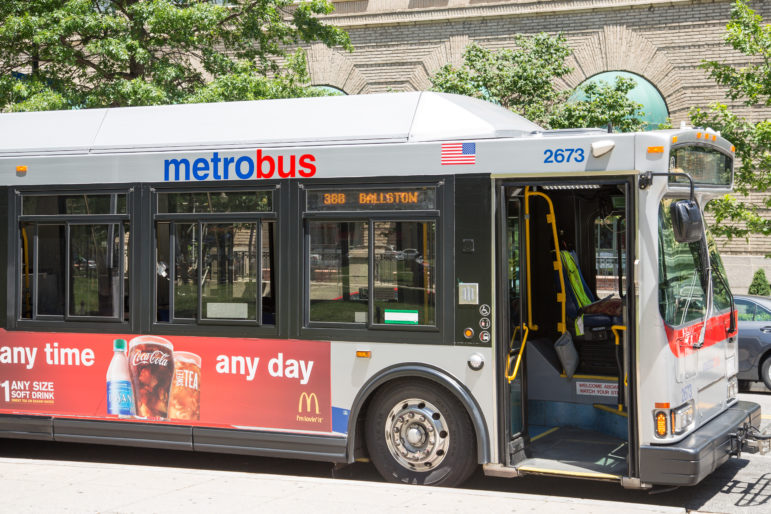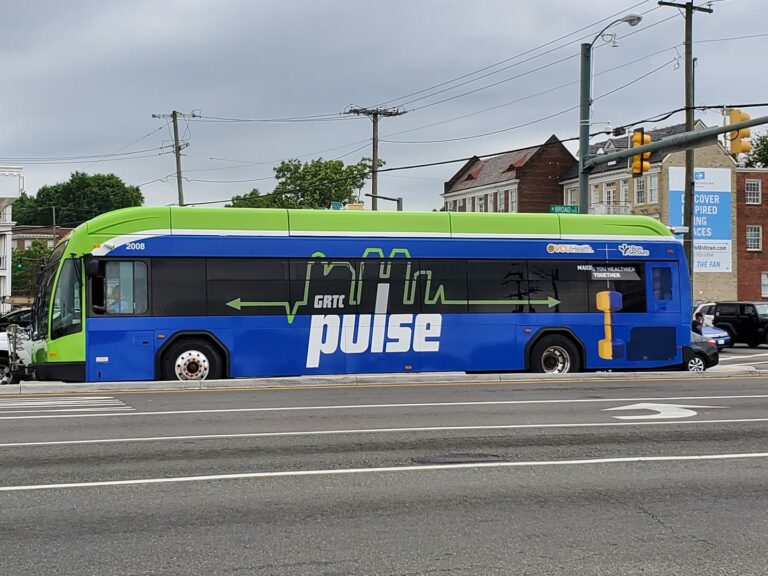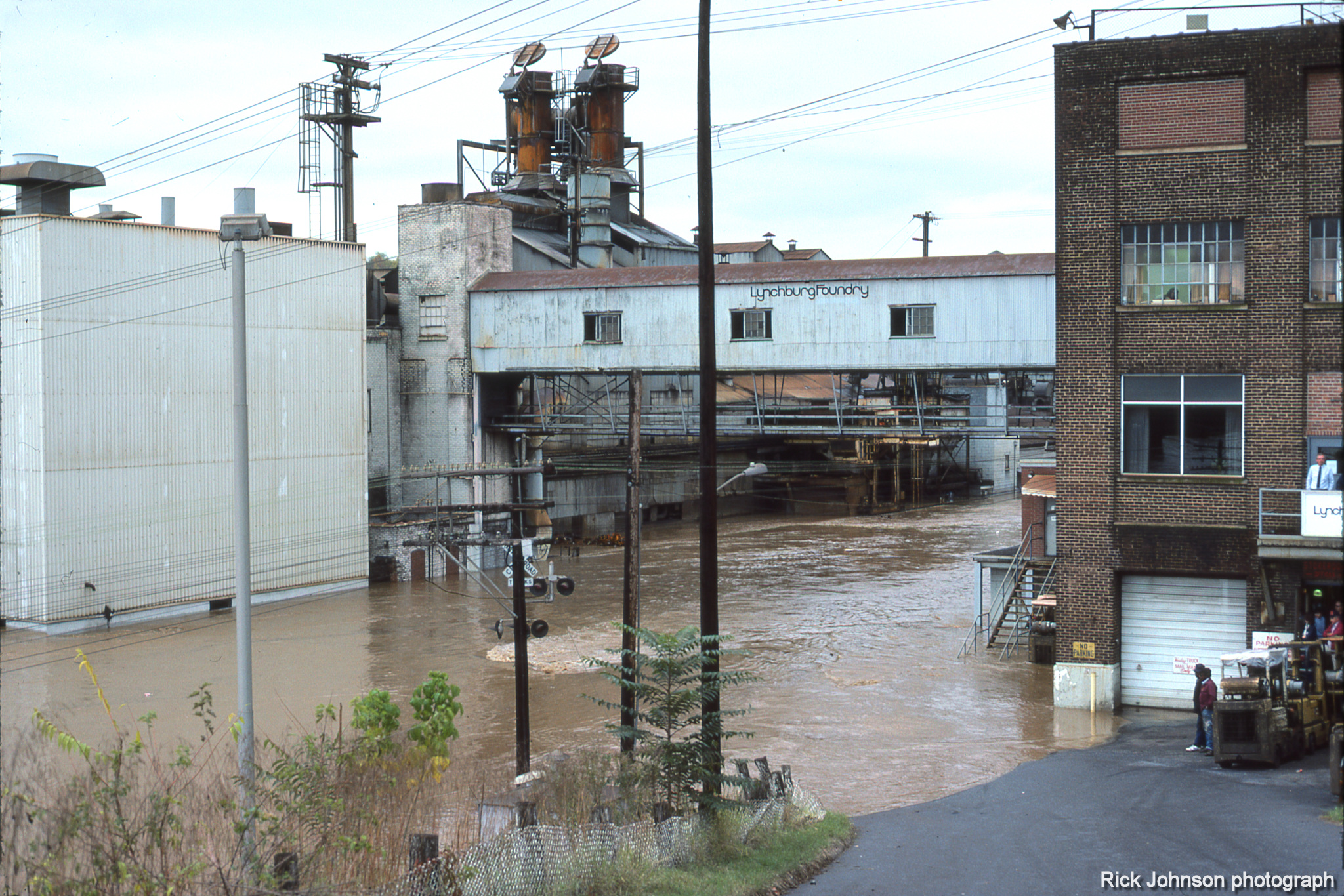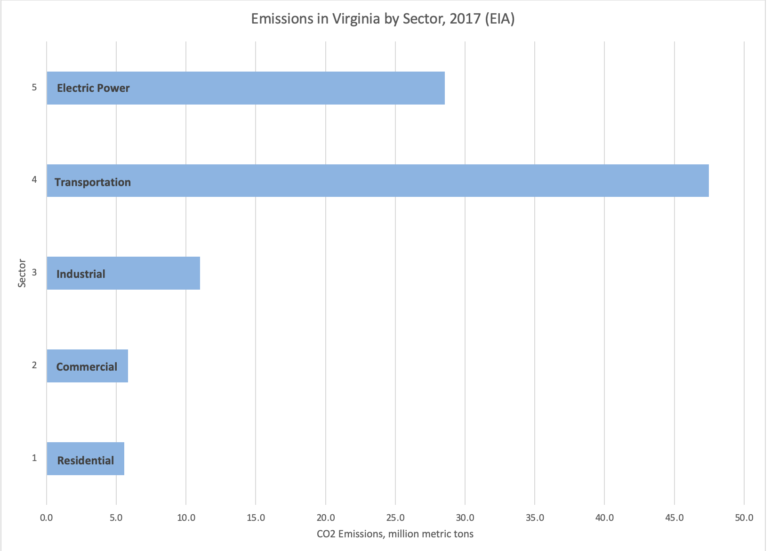Clean Transportation:
Tackling Virginia's Largest Polluter
The next steps in climate action
UPDATE: Virginia Passed Clean Car Standards
The Problem:
The science is clear: climate change is a serious threat to our well-being and economy. In Virginia, transportation is the single largest polluter. Luckily, there are many clean alternatives. But we have to act fast.
We know climate change is incredibly dangerous in and of itself. Virginia is dangerously at risk for the worst effects of climate change as a coastal state. We’re already experiencing sea level rise and low-lying, beloved communities like Hampton Roads and Virginia Beach are set to be wiped out within decades. Adaptation is possible, but we need to take serious climate action, especially in the realm of transportation, because that’s what has the biggest impact in Virginia specifically.
The graph below shows the distribution of Virginia’s carbon dioxide emissions as of 2017 [1]. Transportation is clearly the largest source of emissions, and we have the power to do something about it.
The Solutions:
Expand and electrify public transportation
Because of the victory with the passage of the Virginia Clean Economy Act, Virginia will be moving to an entirely carbon-free electric grid. Therefore, we have an opening to truly invest in clean, electric public transportation, which would complement the clean electric grid. Clean public transportation and improved access will make a world of difference for Virginians across the board, and most importantly, lift up the marginalized through improved mobility. This is also a matter of public health: particle pollution disproportionately impacts communities of color. Fewer emissions means cleaner air for all. Virginia has an opportunity to be a leader in climate action and pollution reduction, and should take advantage of proven scientific and economic evidence for the benefits of clean transportation.
When public transit isn't an option: Advanced Clean Car Standards
It is also absolutely paramount that Virginia adopts the clean car standards set forth by California and several other eastern seaboard states. Eventually, with the move to more efficient cars, we will have cleaner air, and actually be contributing to emission reduction that will prevent sea level rise. In addition, we know that climate action is deeply intertwined with environmental justice — Virginia needs to go beyond clean car standards and bring justice to the marginalized communities that are the most vulnerable to climate change.


Time’s Running out for Serious Climate Action
The most recent Intergovernmental Panel on Climate Change (IPCC) made clear that we need to take drastic action to reduce greenhouse gas emissions immediately in order to avert climate catastrophe. This will require becoming carbon neutral by 2050 [2]. Sea levels are rising along Virginia’s Atlantic coast. In fact, Norfolk has already experienced the equivalent of eighteen-point-two inches of relative sea level rise in the past 100 years, compared to a global average of 7 to 8 inches. That’s why we must act now on climate change. This policy is Virginia’s answer to what the IPCC calls for: 100% clean, renewable electricity that will uplift all communities and build a clean energy economy in a way that will benefit ratepayers. Transportation causes 45% of emissions in Virginia, and highway expansion projects hurt the surrounding ecosystems that we need to mitigate the effects of climate change.
Expanding clean transportation would boost VA’s economy
Investing in clean transportation and transitioning to cleaner cars is a long-run initiative, but it also has major payoffs. Nationally, transitioning to electric transport values climate savings at $113 billion by 2050, as well as an 82% reduction in nitrous oxide emissions, which is the primary substance coming from automobiles.
Interestingly, investment in clean public transportation specifically can result in an overall economic stimulus. According to a CCAN memo, in a case study of Kansas City’s fare-free and soon to be electric transit system, transitioning to an all electric public transit fleet can save millions in fuel costs annually. As for Virginia, a study from the Virginia Department of Rail and Public Transportation shows that for every dollar invested in transit, it translates to $2.86 in additional economic activity. This report showed that public transit is a net benefit to society, and not just through economic activity.
A Washington Post article showed that lower wage workers and people of color (two highly correlated groups) are more likely to use public transportation because they don’t have another option — they pay more for public transit than other workers who have the option of a car. This is why it’s so important to expand clean, public transportation access: increased mobility means increased economic activity. While public transportation investment is separate from the adoption of clean car standards, the objective is the same: we need cleaner air, less pollution, and more accessibility to those who need it most.
Improving clean transportation access is a key component of environmental justice.
Everyone in Virginia is impacted by fossil fuel pollution, but poor communities and communities of color often face the brunt of it. These communities often are hit hardest by hurricanes and floods because they do not have as many financial resources to prepare or recover. Predominantly Black communities face a higher risk of premature death from particle pollution than whites do. This is due to the long-lasting effects of racialized housing policies, which resulted in greater exposure to things like busy, dirty highways. Adopting the clean car standards is an important step in cleaning up the air near these communities — less transportation pollution means a lower risk of premature death. In fact, the American Lung Association listed the DC metro area as ranked 6th nationwide to benefit the most from pollution reduction and transition to cleaner transportation options.
Another idea worth exploring in the realm of environmental justice is the idea of fare-free transit, and it’s more feasible for some communities than you might think. For smaller transit companies that don’t rely significantly on fares for revenue, such as Blackstone Area Bus, fare-free is quite feasible. According to a Transit Cooperative Research Program report from 2012, fare-free transit is most effective in small rural and urban areas because they are most likely to have capacity available. It’s also effective in university communities and resort communities, both of which are abundant in Virginia. Fare-free transit, combined with an electric fleet and cleaner cars, is the best outcome for marginalized communities who face dire health consequences without action.
Virginia should ride the wave for clean transportation -- there’s public support.
The most convincing evidence there is for public opinion regarding transportation is the following: Seventy three percent of registered voters believe Virginia should build a new economy aiming for 100% renewable energy and the jobs that will come with it. Maryland has already adopted California’s emissions laws, along with Colorado, Connecticut, Delaware, Maine, Massachusetts, New Jersey, New York, Oregon, Pennsylvania, Rhode Island, Vermont, Washington and Washington D.C. There’s clearly momentum on this issue in our region. Virginia should join in, given its stake in mitigating pollution on the eastern seaboard. In a fact sheet from the Public Interest Network, clean car standards are more effective than other measures like mileage goals because it gives car manufacturers flexibility in deciding how they will meet said standards. Additionally, that same memo says that car manufacturers are actually meeting the standards. The more states that sign on, the greater the collective effect of the policy, which means cleaner air for everybody.

If we don't act now, our economy will suffer
The costs of inaction are great: 3x more frequent floods and 3,061 properties underwater by 2035 $31.2 billion in new infrastructure by 2040, and threats to the agricultural and fishing industries. Rising sea levels and extreme weather are causing salt from the ocean to contaminate our water supplies, threatening to destroy some of Virginia’s best farmland. That decreases the amount of land where farmers can grow the food that feeds our families. We need to act now to protect our farms and food supply. More intense and frequent storms and floods put the safety of communities living near hazardous sites, like coal ash ponds, in jeopardy. If we do not prepare for climate change now, we are putting these communities in danger.
Climate-fueled extreme weather has caused extensive damage in inland Virginia. Hurricanes often have secondary rainfall effects in Southwest Virginia, leading to extensive flooding and destroying crops. Hurricane Matthew caused economic turmoil for families and businesses in the region that we’re still paying for, including $26 billion in economic damage and at least 26 deaths in Southwest Virginia [3]. Unchecked runoff from farms can leads to harmful pollution: this harmful pollution—including excess nutrients, sediment, bacteria, and toxins—flow into our rivers and the Chesapeake Bay [4]. The pollutants all have negative effects on the Chesapeake Bay: these include algae blooms that can cause dead zones near fisheries and produce toxic compounds and bacterial pollution that can lead to beach and shellfish harvesting closures and also impact our ability to safely use waterways [5].
Want to volunteer for the campaign? Sign up for a one-on-one with a Virginia organizer, or fill out your volunteer interest in a survey here.
Contact:
Contact organizer Elle De La Cancela at elle@chesapeakeclimate.org for more information.
Key Articles
“Opinion: Expand electric vehicle options to benefit consumers, improve climate” The Virginian-Pilot, 1/14/2021
“Pollution from vehicles next challenge to address,” Richmond Times-Dispatch, 11/5/2020
“Major automakers strike climate deal with California, rebuffing Trump on proposed mileage freeze,” Washington Post, 7/25/2019
“Electric buses arrive in Alexandria,” DCist, 10/19/2020
“For Virginia transit agency, electric buses help to meet climate, equity goals,” Energy News Network, 11/5/2020
“Dominion Energy will buy Virginia electric school buses if they can use the batteries,” WAMU, 08/29/2019
“Virginia Governor signs Hampton Roads Transportation Funding Law, welcomes new electric transit buses,” Mass Transit Mag, 9/21/2020
“Electrify your ride: Blacksburg Transit to add 5 all-electric buses in 2021,” Collegiate Times, 8/21/2019
“Hampton Roads to deploy first electric buses in VA,” Virginia Business, 9/18/2020
“Fund climate programs to restart the economy | Reader Commentary,” Baltimore Sun, 7/15/2020
Resources
Click here for a factsheet about Advanced Clean Car Standards 2021: CCAN Action Fund
Click here for background about vehicle pollution: VA Conservation Network
Click here for a fact sheet about vehicle pollution in VA: VA Conservation Network
Click here for a list of states that have adopted clean car standards: Maryland Dept. of the Environment
Background about clean car standards: Environmental Defense Fund
Click here for background about the VCEA: Virginia Mercury
Click here for information about fare free transit: Greater Greater Washington
Click here to read the Virginia AG’s statement about Trump’s rollback of emissions standards
Sources:
- “State Carbon Dioxide Emission Data Tables.” U.S. Energy Information Administration. https://www.eia.gov/environment/emissions/state/.
Irfan, Umair. “Report: We Have Just 12 Years to Limit Devastating Global Warming.” Vox. Last modified October 8, 2018. https://www.vox.com/2018/10/8/17948832/climate-change-global-warming-un-ipcc-report.
Myatt, Kevin. “Hurricane Matthew Helps Fall Happen in Southwest Virginia.” The Roanoke Times. Last modified October 11, 2016. https://roanoke.com/weather/columns_and_blogs/columns/weather_journal/hurricane-matthew-helps-fall-happen-in-southwest-virginia/article_4d534214-f873-5160-8be8-e78979a27605.html.
- Ibid.
- Ibid.


